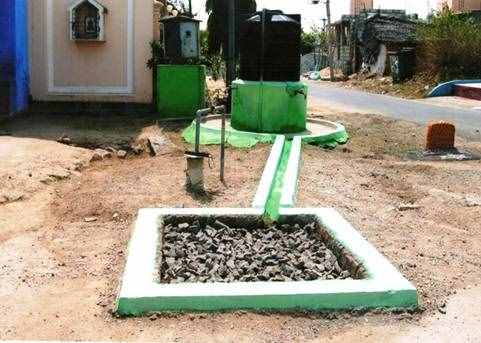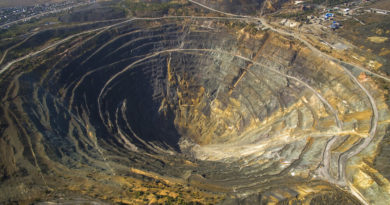Rainwater harvesting systems in Delhi pollute water table, finds expert committee
 Rainwater harvesting RWH
Rainwater harvesting RWH
An expert committee has found that the rainwater harvesting systems (RWH) installed in the residential societies in Delhi’s Dwarka are the reason behind the contamination of groundwater in that area. It was discovered that these rainwater harvesting systems were badly maintained that caused contamination.
In more than a dozen residential societies ill-shaped rainwater harvesting structures were found in an inspection by an expert committee appointed by the National Green Tribunal (NGT). This committee has members from Delhi Jal Board (DJB) and the Delhi Pollution Control Committee (DPCC).
The committee filed its report before the NGT which says that the committee inspected 354 Cooperative Group Housing Societies (CGHS) located in Dwarka. It collected water samples from rainwater harvesting systems from 235 societies. The samples revealed high amount of ammonical nitrogen and total dissolved solids (TDS) in 180 of the housing societies. Ammonical nitrogen helps find the level of ammonia in the water which is a toxic pollutant mostly visible landfill leaching.
The NGT appointed committee has asked DJB to end the rebate from such societies which are currently availing them on their water bills. Most structures are found either completely defunct or just partially working. DJB is presently offering a 10 per cent discount on water bills in properties that have installed a rainwater harvesting system.
As per the report, “The RWH systems were found as per design of the Delhi Jal Board/ Central Ground Water Authority (CGWA) but common pipelines for rooftop rainwater harvesting structure and other wastewater including washing area and floor washing area were found connected. As a result, the common pipeline may be contaminating the groundwater in the form of Ammonical Nitrogen and TDS.”
In 20212, DJB made rainwater harvesting mandatory. In March this year, the Jal Shakti Ministry issued a guideline for the prevention of ground water contamination through erroneous RWH systems.




